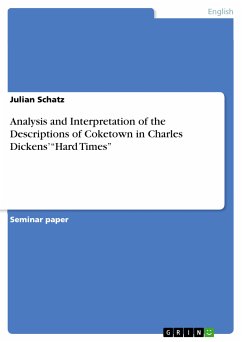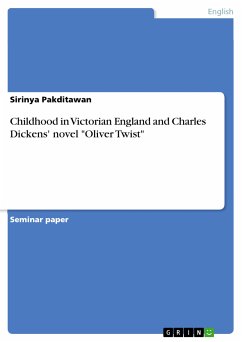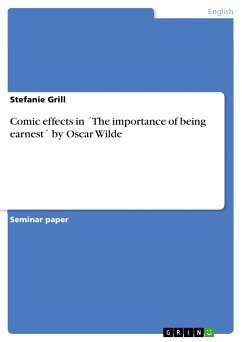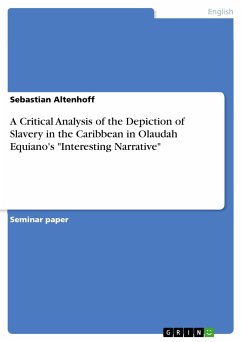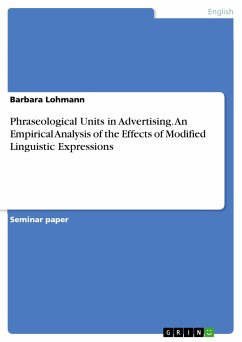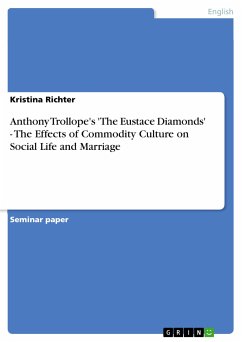Seminar paper from the year 2005 in the subject English Language and Literature Studies - Literature, grade: 2,7, University of Stuttgart (Anglistik), course: Critical Idioms – Allegory, language: English, abstract: The industrialization in England, started in the eighteenth and continued in the nineteenth century. It caused a radical change to working habits and ways of life. Especially to the majority of the people which now is spending most of its time in factories, getting only few amounts of money, just enough to earn its living. The invention of the steam engine and automated production processes, along with an immense population growth, caused a considerable accumulation of people close to industrial locations. This labour surplus lead to low salaries, because of too much supply of workers and too less demand of workers. That constellation gave a lot of power to a few people, those people that owned the factories and industrial complexes. In short, the employers, which where homo ökonomici had only profit in their minds. At these times we are far away from social services or standard wages. These circumstances lead to serious problems among the working class, which had been the majority. They lived in bad conditions in a polluted surrounding, dirty streets and a filthy environment. Leisure time was not known. Life mainly consists of working, eating and sleeping. In these times, where structural change in all aspects of life took or had taken place, Charles Dickens grew up among the most intensive stage of England’s industrialization. Growing older and becoming a writer, he refuses the money making and profit orientated society more and more. This critical attitude to people’s pursuit of money utters itself in his novel “Hard Times”, that he wrote in 1854. In this novel he blames the social differences in the then-society and in the then-life in a satiric and as well melodramatic way. The novel on the one hand shows the struggle of the factory workers and lower class people in everyday life, on the other hand the struggle for social status, etiquette, money and power of the middle and higher class, which is represented in “Hard Times” by Mr Bounderby, the Gradgrind family, Mrs Sparsit and others. The lower poor working class consists of the characters of Stephen Blackpool, his friend Rachel, the circus members, the Union, and others. Not to forget Sissy, which is adopted by the Gradgrinds out of her low poor status into a higher class.
